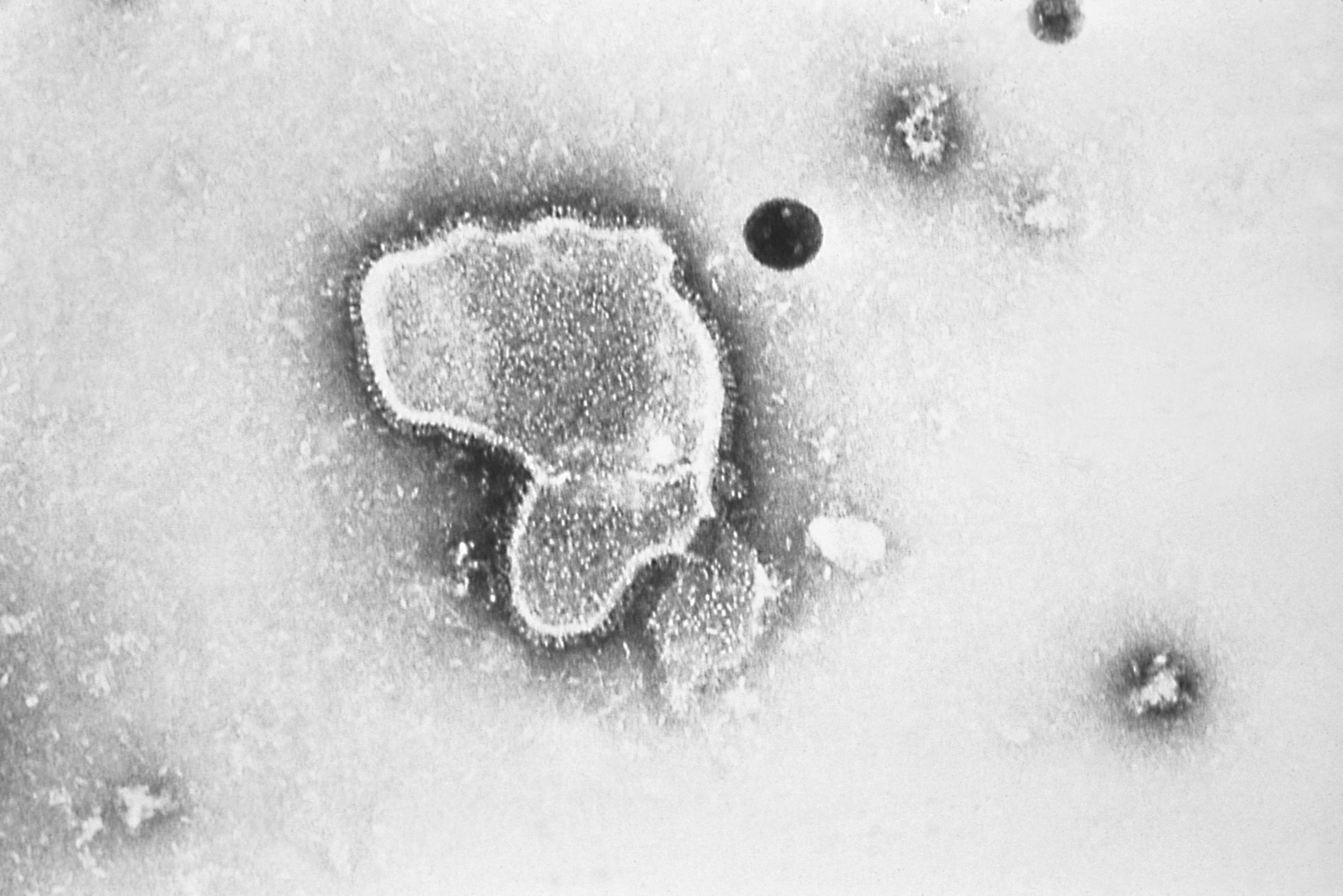Europe OK's 1st one-dose drug to protect babies against RSV
The European Commission has authorized the world’s first one-dose drug against a respiratory virus that sickens millions of babies and children globally every year

Your support helps us to tell the story
From reproductive rights to climate change to Big Tech, The Independent is on the ground when the story is developing. Whether it's investigating the financials of Elon Musk's pro-Trump PAC or producing our latest documentary, 'The A Word', which shines a light on the American women fighting for reproductive rights, we know how important it is to parse out the facts from the messaging.
At such a critical moment in US history, we need reporters on the ground. Your donation allows us to keep sending journalists to speak to both sides of the story.
The Independent is trusted by Americans across the entire political spectrum. And unlike many other quality news outlets, we choose not to lock Americans out of our reporting and analysis with paywalls. We believe quality journalism should be available to everyone, paid for by those who can afford it.
Your support makes all the difference.The European Commission has authorized the world's first one-dose drug against a respiratory virus that sickens millions of babies and children globally every year.
In a statement Friday, drugmakers Sanofi and AstraZeneca said the European Commission had given the green light to nirsevimab, a laboratory-developed antibody designed to protect infants during their first exposure to RSV, or respiratory syncytial virus, a highly contagious common infection that infects nearly all babies by age 2.
At the moment, babies at high risk of the disease can be given monthly shots to protect them during RSV season.
In September, the European Medicines Agency recommended that nirsevimab, sold as Beyfortus, be authorized based on advanced research that showed the drug reduced the chances that babies with RSV needed medical attention and appeared to be safe, compared to infants who got a dummy treatment. The drug is given in a single injection.
“We are excited about the opportunity to expand prevention efforts to all infants,” said Silke Mader, co-founder of the European Foundation for the Care of Newborn Infants.
In the U.S., RSV is causing an early surge of infections in children’s hospitals this year. European health officials are warning there could be a similar spike across the continent.
For most healthy people, RSV is a cold-like nuisance. But the virus can be life-threatening for the very young and the elderly. The virus can infect deep in the lungs and in small babies, it can impede breathing by inflaming their tiny airways.
RSV kills about 100,000 babies annually, mostly in developing countries.
Nirsevimab was developed to give newborns and infants immediate protection against RSV through an antibody to prevent infections in their respiratory systems.
Earlier this week, Pfizer announced preliminary research showing that a new vaccine given to pregnant women could help protect their babies against RSV, after decades of failure to develop an effective shot.